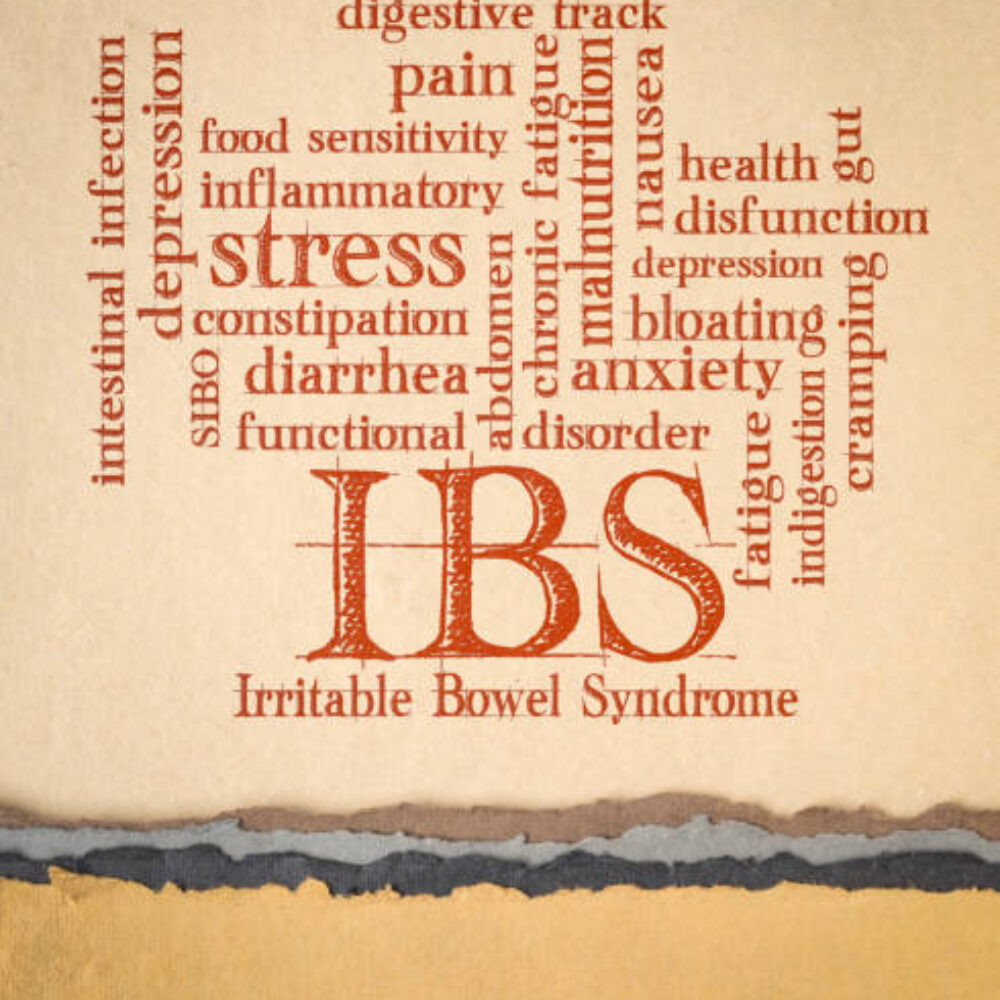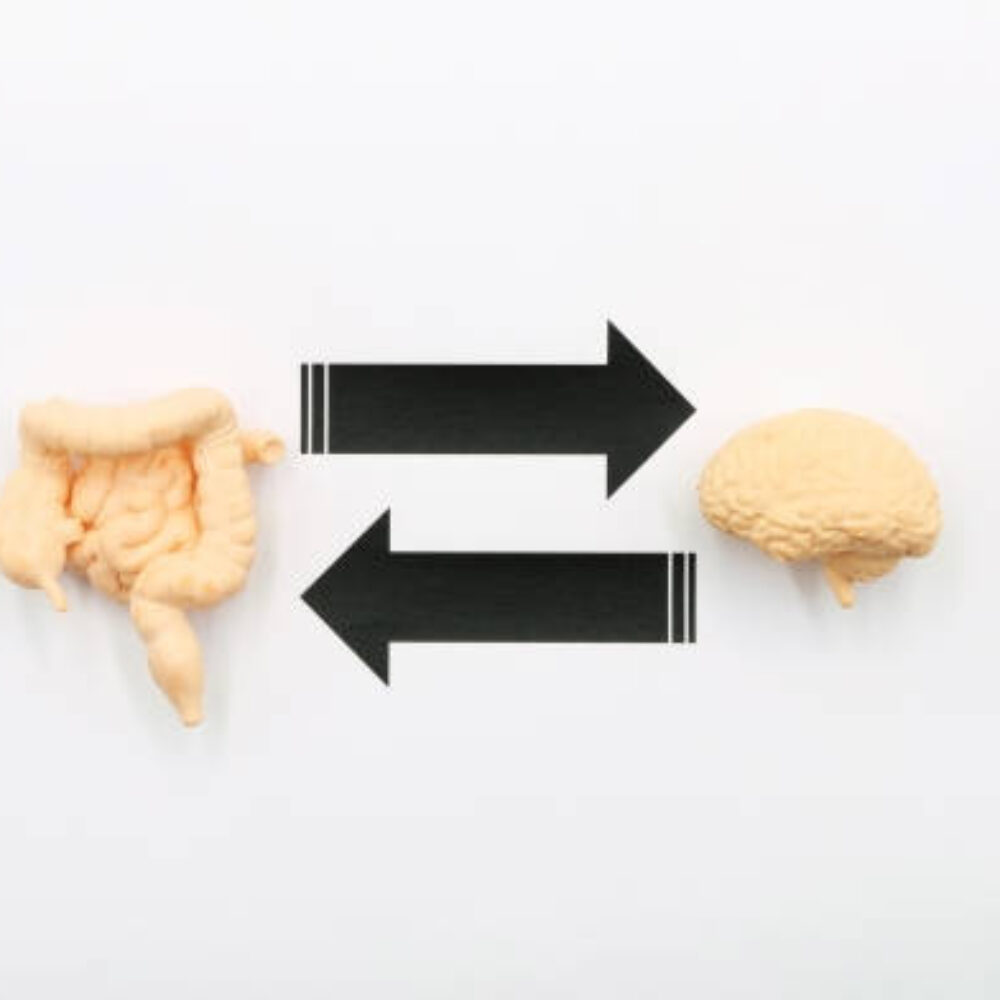Various problems, such as pain when swallowing, difficulty passing stool, or sudden abdominal pain lasting more than two hours, are symptoms of poor digestion.
Also, waking up at night due to coughing, vomiting, regular indigestion, or black or bloody stools are symptoms of digestive problems.
If there is a problem with digestion, the body will not get nutrients. There will be no taste in food.
Digestion plays an important role in overall health. So, to stay healthy, you have to pay attention to digestion.
“The digestive system extracts nutrients and energy from food, removes toxins, destroys unwanted bacteria and viruses, removes waste products, absorbs water and nutrients, and absorbs vitamins,” says Stephen Riggs, MD, of MercyOne in Iowa, USA. “It provides minerals to the body.”
Dr. Riggs added, “We are becoming aware that the gut and the billions of bacteria that live there impact our health beyond nutrient absorption, affecting everything from diabetes, obesity, fatty liver disease, memory loss, cancer, to heart disease. It also affects conditions like bipolar disorder, anxiety, depression, and mood disorders.”

Common symptoms of poor digestion
Dr. Matt Fabian, Bariatric Surgeon at MercyOne, says, “Among patients, we see symptoms like heartburn, loss of appetite, vomiting, stomach pain, excessive belching, inadequate or excessive bowel movements, and problems with excessive gas.”
Serious symptoms of poor digestion
According to Dr. Fabian, “Digestive problems such as pain when swallowing, difficulty passing stool, or sudden abdominal pain lasting more than two hours.”
Also, coughing, vomiting, regular indigestion, or waking up at night due to indigestion, and black or bloody stools are symptoms of digestive problems.
Dr. Riggs explains, “Abdominal pain, bloating, excessive gas, chronic constipation, diarrhea, and digestive disturbances are some symptoms. However, treatment and diagnosis can be complicated, and these symptoms may require a visit to the doctor.”
However, avoiding sugar and processed foods can sometimes show improvement.
Causes of digestive problems
Digestive problems can be caused by overeating, not drinking enough water, or not chewing food properly before swallowing.
Also, drinking acidic drinks, non-steroidal anti-inflammatory drugs, infections, food allergies, gallstones, hiatal hernia, and overconsumption of fermented foods such as lactose, fructose, gluten, beans, or vegetables can cause digestive problems.
Ways to solve problems:
- Consume 60 to 100 grams of protein per day.
- Eat fruit daily.
- Eat fibrous vegetables.
- Consider cheese or yogurt for lactose intolerance, as milk contains 10 times more lactose than them.
- Maintain a normal body weight.
- Avoid carbonated drinks.
- Do not consume artificially flavored fruit juices or drinks throughout the day. If you want to drink juice, you can drink gut-healthy juice.
- Limit caffeine intake.
You can also relieve digestive issues by following some basic steps:
Practice going to sleep quickly at night. Going to bed at 10 pm and waking up at 5 am is very beneficial not only for gut health but also for your entire health.
After you wake up in the morning, you can start your day with a glass of normal water or water with fenugreek soaked overnight, which you can drink before washing your mouth.
After that, do some exercise. In the evening, after 6 pm, avoid eating too much food. Practice eating 2-3 hours before you go to sleep. Avoid foods that worsen your digestive problems.

The connection between stress and indigestion:
There is a connection between the gut and the brain called the gut-brain axis. Stress can certainly affect digestion. The nerves between the gut and brain are affected by this connection.
When you experience too much stress, your blood flow is reduced, affecting nutrient absorption and slowing down digestion. Too much stress also increases acid production in the stomach, leading to problems like indigestion. Stress also changes gut microbiota.
So, you have to be mindful of your stress levels. Avoid excessive stress as it can cause many health issues.
Some tips for managing your stress:
- Do breathing exercises daily. Doing this can relieve stress. Morning is the best time for this.
- You can do yoga to manage your stress.
- Engage in social activities to ease your mind and help manage stress. Spend time with your loved ones.
- Meditation can also help reduce your stress.
- Stay positive at all times. Discard negative thoughts.
- Take a daily walk.
- Follow a healthy diet; it helps reduce stress.
If, despite doing these things, you cannot manage your stress, you should consult a doctor about this issue.




